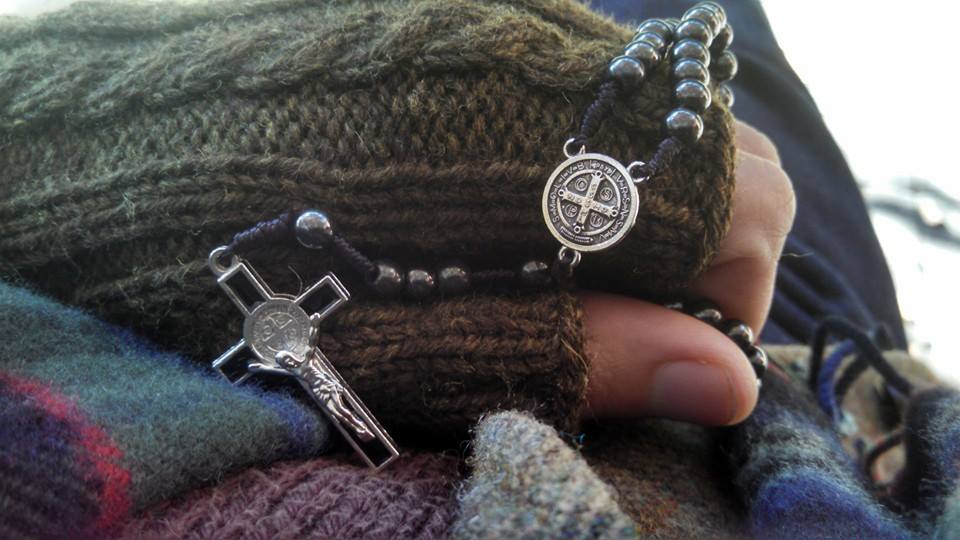Loving What God Loves
If you only have one saying of Jesus memorized, it is probably the one found in today’s Gospel account (Mt 22:34-40). In response to the question of which commandment is the greatest, Jesus says:
You shall love the Lord, your God, with all your heart, with all your soul, and with all your mind. This is the greatest and first commandment. The second is like it: You shall love your neighbor as yourself. The whole law and the prophets depend on these two commandments.
Mt 22:37-40
It is worth pointing out that at the root of these two commandments is the fact that you should love yourself. It is easy enough to focus on loving your neighbor (which we need to focus on), but forget that step one is to love yourself. It is impossible to give love to others unless you believe that you are also worthy of love.
You are a person created by God! He created you in His image, and gifted you with an immortal soul. He desires to share in your company for all eternity and to be in close, intimate relationship with you. God loves you! And He knows what He is doing. So if you want to love the things that God loves, you can begin by loving yourself.
God created mankind as fundamentally good. Human nature is ordered toward God, and the things of God — love, goodness, purity, perfection. We are wounded by Original Sin, it is true. We are fallen. Our human nature has been perverted and corrupted. We are not what we could be. But we are still fundamentally good and worthy of love.
This is something that we believe differently as Catholics than many of our Protestant neighbors. Many Protestants will follow the traditions of Martin Luther, who spoke of the redeemed person as a “snow covered dung hill.” The one saved by Christ is made white and pure on the outside, but the inside is still… well, a pile of dung.
That is now how Catholics view mankind. We are wounded, we are weak, and we need saving. All that is true. But we are saved by cooperating with God’s grace to grow ever more holy. Our sins are not covered, they are forgiven! We are not made to appear holy before God, we are made holy. Because God loves us, and wants to restore us to that state of perfection and joy for which He made us.
So love yourself. God does.
And then, knowing how special and precious we are in the eyes of God, we begin to realize just how special and precious our neighbors are to Him. And because we love Him, and we love those things He loves, our neighbors become special and precious in our sight, as well. We can truly begin to love our neighbors as ourselves.
We keep the second commandment best when we do so in the spirit of the first; when we love God with all our heart, mind and soul. In other words, when we love God with our whole selves. When we love someone truly, we begin to love the things they love. My wife’s favorite color is blue. It is not my favorite color. But over the years I have acquired many blue things because when I see them I am reminded of my wife, and it makes me happy. Peas are far from my favorite vegetable, but they are one of my wife’s favorites. I would probably never prepare them for myself, but when I see them on my plate it makes me smile because I know she loves them. And yes, I clean my plate. I have come to like peas not for their own sake, but because my wife likes them so much.
These are silly examples, but they illustrate a very important principle. If we are in love with God, we will also love the things He loves — which includes our neighbors and our selves.
St. Augustine once spoke of the moral code this way: “Love God, then do as you will.” This is not to say that so long as you love God you can behave any way you want and all is good. No. It means that if you truly love God you will only desire to do those things which are pleasing to Him, and you would have no desire to do anything to offend Him.
St. Thomas Aquinas once said that we offend God when we act against our own good. Loving someone means desiring their good. So it all goes back to love. Loving God. Loving our neighbors as God loves them. Loving ourselves as God loves us.

